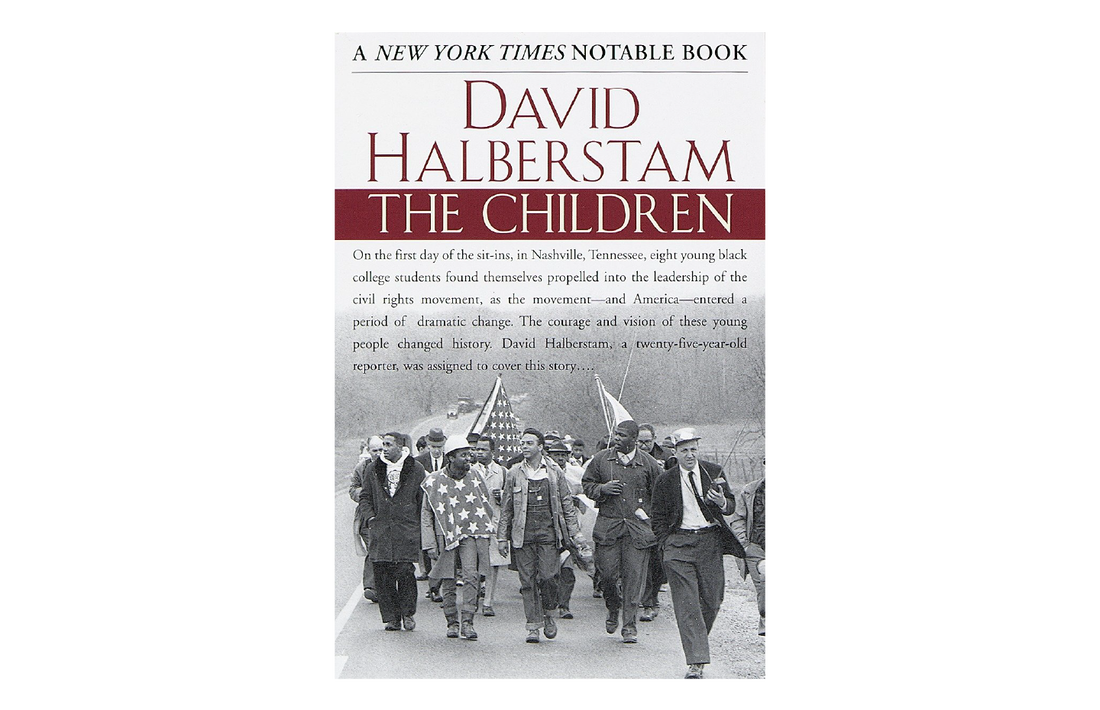America /The Children
THE CHILDRENDAVID HALBERSTAM, ©1998
The Children is a brilliant and moving account of the early days of the civil rights movement, as seen through the story of the young people who met in the 1960s and went on to lead the revolution in civil rights. He describes the lives of the ordinary people whose courage and vision changed American history.
|







